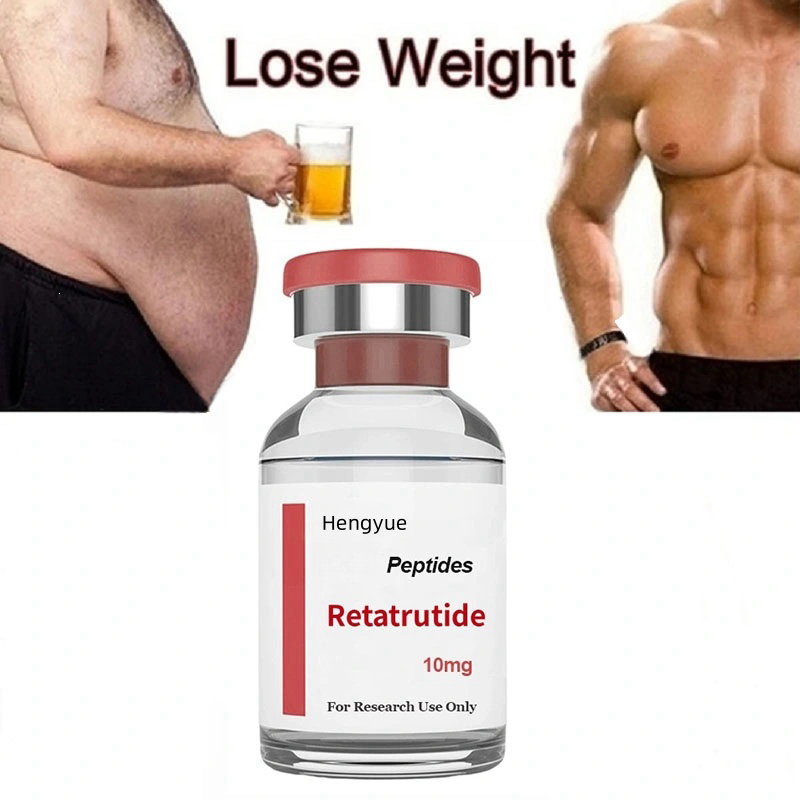-
Categories
-
Pharmaceutical Intermediates
-
Active Pharmaceutical Ingredients
-
Food Additives
- Industrial Coatings
- Agrochemicals
- Dyes and Pigments
- Surfactant
- Flavors and Fragrances
- Chemical Reagents
- Catalyst and Auxiliary
- Natural Products
- Inorganic Chemistry
-
Organic Chemistry
-
Biochemical Engineering
- Analytical Chemistry
-
Cosmetic Ingredient
- Water Treatment Chemical
-
Pharmaceutical Intermediates
Promotion
ECHEMI Mall
Wholesale
Weekly Price
Exhibition
News
-
Trade Service
Today, Dunad Therapeutics announced that it has reached a research and development cooperation agreement with Novartis to jointly develop a new generation of oral targeted protein degradation therapies
.
Dr.
Dr.
Jay Bradner is an expert in the field of protein degradation.
He is one of the founders of C4 Therapeutics, which focuses on the development of protein degradation drugs.
The NIBR team led by him has developed dozens of targeted protein degradation compounds
.
So what makes him optimistic about Dunad's technology?
Dunad's unique platform aims to develop monovalent small molecule drugs that stimulate the specific degradation of disease-causing proteins, and they only need to bind to the target protein to induce their specific degradation
.
At present, protein degradation therapy has been one of the hot areas in the development of new drugs, but many protein degradation agents are bifunctional molecules.
However, because these bifunctional or multifunctional molecules contain groups that bind to a variety of proteins, they usually have a relatively large molecular weight, have more complicated chemical designs, and may have difficulty passing through the cell membrane to enter the cell to function
.
The concept of monovalent protein degrading agents is not new, and selective estrogen receptor degrading agents (SERD) have been developed for many years
.
In addition, Genentech (Genentech) recently published a study on Cancer Discovery that the company's inhibitor inavolisib targeting PI3Kα mutants can not only block the activity of PI3Kα, but also promote the degradation of PI3Kα
The importance of these studies is that they have opened up new ideas for targeted protein degradation, that is, targeted protein degradation does not necessarily require multifunctional molecules
.
Dr.
Compared with multifunctional molecules, monovalent protein degradation agents have a smaller molecular weight and may more easily pass through cell membranes or cross the blood-brain barrier, expanding the types of targets that can be targeted by protein degradation
.
Dunad’s unique platform enables high-throughput screening of potential monovalent protein-degrading compounds and discovers highly specific small molecules
.
And this screening method is not limited to specific target types
According to the cooperation agreement, Dunad will discover monovalent protein degradation agents for up to 4 potential targets
.
Novartis will provide expertise in targets and ligands, unique tests and models, and will have the right to obtain R&D rights for these projects
Reference materials:
[1] Dunad Therapeutics enters Strategic Collaboration with Novartis to Develop Next-generation Oral Targeted Protein Degrader Therapies.
[1] Dunad Therapeutics enters Strategic Collaboration with Novartis to Develop Next-generation Oral Targeted Protein Degrader Therapies.
[2] On the hunt for monomeric degraders.
[3] Song et al.
, (2021).
RTK-dependent inducible degradation of mutant PI3Kα drives GDC-0077 (Inavolisib) efficacy.
Cancer Discovery, DOI: 10.
1158/2159-8290.
CD-21-0072







